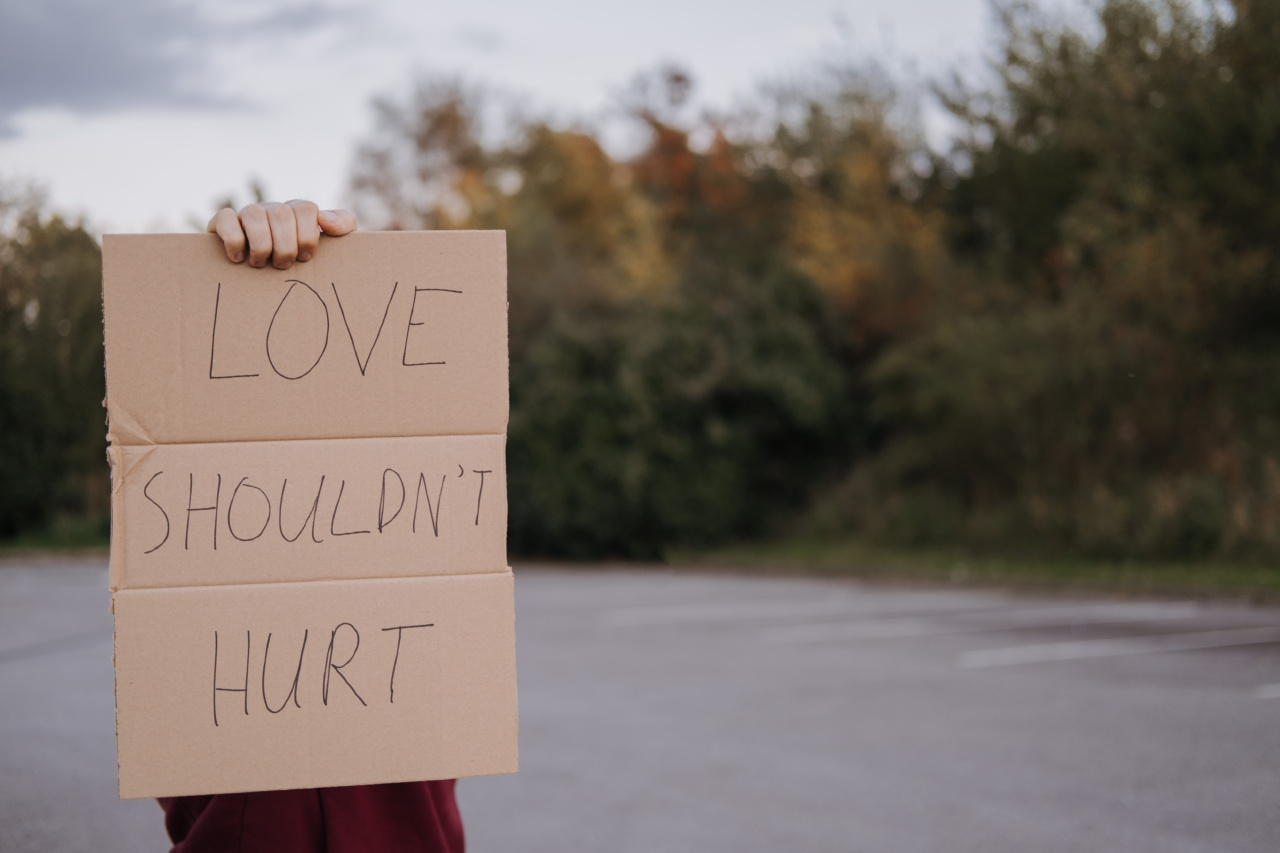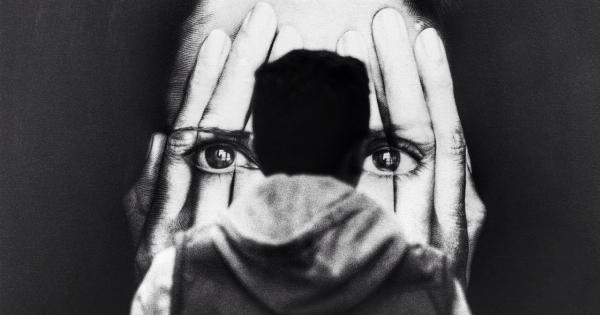Fear is a basic human emotion that can manifest in various ways and towards different objects or situations. When it comes to fears related to the opposite sex, there is a longstanding debate about whether both genders experience the same fears.
This article explores the common fears shared by both men and women towards the opposite sex, as well as the distinct fears that may arise due to societal, cultural, and biological factors.
Fear of Rejection
Both men and women may experience a fear of rejection when it comes to the opposite sex. This fear stems from the vulnerability associated with romantic or sexual pursuits.
The fear of being turned down or not being accepted can lead individuals to feel anxious and hesitant to approach someone they find attractive. Such fears can be attributed to the fear of failure and the potential damage to one’s self-esteem.
Fear of Betrayal
Another shared fear among both genders is the fear of betrayal. This fear arises from the concern that a partner may be unfaithful or break the trust placed in them.
The fear of being hurt emotionally or having one’s heartbroken can cause individuals to approach relationships with caution and skepticism. This fear may be rooted in past experiences or societal narratives regarding infidelity.
Fear of Intimacy
Both men and women may experience a fear of intimacy, although it can manifest differently.
For men, the fear may be associated with vulnerability and the loss of independence, while for women, it may be linked to concerns about being overwhelmed or losing their identity within a relationship. These fears can hinder the development of deep emotional connections and may stem from societal expectations and previous negative experiences.
Fear of Objectification
While both genders can experience a fear of objectification, women tend to face this fear more frequently. The fear of being reduced to mere physical objects or being judged solely based on their appearances can lead to anxiety and discomfort.
This fear is often influenced by societal pressures and the objectification of women in media and popular culture.
Fear of Violence
Fears related to physical safety are present in both men and women, but the fear of violence from the opposite sex can vary in intensity. Women generally face a greater fear of violence from men due to the physical power dynamics that exist in society.
This fear can be heightened by personal experiences or stories of violence against women. Men, on the other hand, may fear violence from other men, but it is often less centered on gender dynamics.
Fear of Being Misunderstood
Both men and women may share a fear of being misunderstood by the opposite sex. Communication differences and societal expectations can contribute to this fear.
Men might fear being perceived as insensitive or unemotional, while women may fear their emotions being dismissed or labeled as irrational. These fears can hinder open and honest communication, leading to misunderstandings and relationship strain.
Fear of Expectations
Expectations placed upon individuals by the opposite sex can create fear and anxiety. Both men and women may feel pressure to conform to societal ideals of attractiveness, success, or gender roles.
Men may fear not living up to expectations of being strong or financially stable, while women may fear not meeting expectations of physical beauty or nurturing qualities. These fears can lead to self-doubt and insecurity within relationships.
Fear of Being Judged
Both genders can share a fear of being judged by the opposite sex. Fear of being judged based on one’s appearance, intelligence, or social status can create anxiety and self-consciousness.
This fear can stem from a desire to be accepted and approved by potential partners. Society’s emphasis on physical attractiveness and social status can contribute to this fear.
Fear of Commitment
While fear of commitment is not exclusive to one gender, it can be experienced differently. Men often face stereotypes of commitment-phobia, while women may face pressure to commit sooner or fear compromising their independence.
Both genders may have fears related to the potential loss of freedom or being tied to an incompatible partner. These fears can lead to a reluctance to engage in long-term relationships.
Fear of Vulnerability
Both men and women can experience a fear of vulnerability in their interactions with the opposite sex. The fear of exposing one’s true thoughts, emotions, and insecurities can leave individuals feeling exposed and at risk of emotional harm.
These fears can stem from past heartbreaks or societal expectations of emotional strength and self-reliance.
Conclusion
In conclusion, while there are shared fears between both genders regarding the opposite sex, there are also distinct fears that arise due to societal, cultural, and biological factors.
By acknowledging and understanding these fears, individuals can work towards creating healthier and more fulfilling relationships. Open communication, empathy, and dispelling societal stereotypes are key in overcoming these fears and fostering stronger connections between men and women.





























